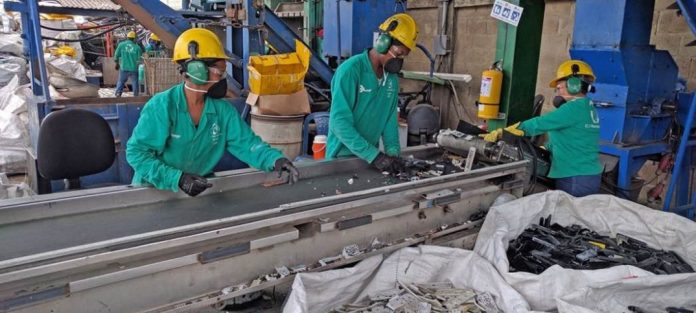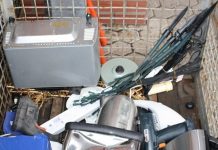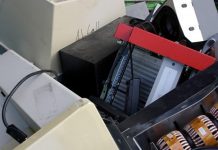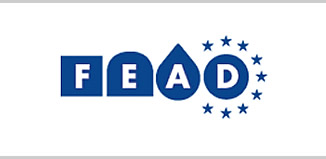In a bid to combat marine litter, Norway has submitted a proposal to restrict exports of plastic waste, by amending the Basel Convention. The proposal aims at submitting exports of ‘green listed’ plastic waste for recovery and in most cases also for recycling to a notification procedure.
FEAD, as representatives of the private Waste Management Industry, would like to warn against this proposal which would do much more harm than good as it would thwart the development of an EU market for plastic recycling. The Basel Convention – shorthand for the Basel Convention on the Control of Transboundary Movements of Hazardous Wastes and Their Disposal – came into force in 1992. It currently consists of two main procedures for waste shipment which are called “Amber Listed” and “Green Listed”. “Amber Listed” waste is hazardous waste, submitted to restrictions. “Green Listed” waste” is non-hazardous waste, and the Basel Convention aims to facilitate their trade on the commodities markets, with the aim of promoting recycling and recovery. Controls and traceability must ensure that hazardous waste is not illegally traded.
This proposal is bound to miss its objective
In June, the Norwegian government proposed that scrap plastics be added to Annex II of the Basel Convention, as a list of wastes for ‘special consideration’ that requires notification by exporting countries and consent by importing countries prior to export. In their eyes, this would address the marine litter crisis. FEAD firmly believe that this proposal is bound to miss its objective. To combat marine litter, countries need to work on preventing illegal waste dumping, improving and expanding their respective waste management and particularly collection and recycling capabilities. To reduce the amounts of refuse going into the world’s oceans, we need an effective enforcement of waste management legislation, an expansion of waste treatment infrastructure, dissemination of information and best practice, as well as educational measures.
The notification procedure would seriously hinder the development of an EU market for plastic recycling. It would raise the administrative burden and the costs of shipping plastic waste to EU countries where they are further prepared, or it would make shipping simply impossible. The proposal is unclear, with classifications subject to confusion and varying interpretations. This will result in delays, costs, legal cases. FEAD is opposed to a revision making major plastic flows destined for recycling or recovery operations no longer benefit from the green procedure.
As experts in environmental services, FEAD is deeply concerned about the global scourge of marine plastic pollution, but does not see how the proposal, in the absence of any impact assessment, would help reduce global marine pollution. It would with certainly hinder the development of the EU recycling markets, while preventing waste operators from shipping collected waste to duly licensed destinations where they find their market.
In view of Norway’s proposal, FEAD has reacted with a position paper which calls for:
- A robust impact assessment since the Norwegian proposal could negatively impact plastic recycling and recovery;
- Complementing measures to stimulate European demand for recycled materials and investment in recycling capacities (e.g. Packaging and WEEE plastics);
- Sufficient lead in time to allow new recycling infrastructure to be built;
- A clear commitment by the EU to limit delays for notified shipments;
- Consideration to be given to intra EU trade.
Source: FEAD







